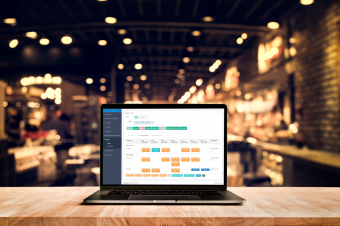On October 1 the rates of the National Minimum Wage were raised. The adult rate rose 3% to £6.50, the first above-inflation increase in this Parliament, while the other rates all rose 2% – the 18-20 rate to £5.13, the 16-17 rate to £3.79 and the apprentice rate to £2.73.
The ALMR has also this week submitted detailed evidence to the Low Pay Commission ahead of its recommendations for 2015 rates. We will also be representing the sector in giving oral evidence to the Commission in November arguing that businesses need a more supportive employment tax regime – PAYE and NIC cuts – to allow them to increase their investment in wages in a sustainable way. Political aspirations remain to restore the level of the NMW in real terms, which could see renewed pressure for a £7 NMW; the Labour Party has committed to an £8 NMW by 2020.
The ALMR’s 2014 Employment Survey is helpful in supporting this political narrative. It shows that, for the first time in two years, average bar wages are beginning to pull away from the NMW base rate. Last year 34% of companies had an average bar hourly rate at NMW, and 24% were reporting an average rate below this. This year, 46% of respondents were paying average hourly bar rates in excess of the headline NMW rate and 38% had an average rate at NMW levels. The mean rate of pay was £6.75 and the mode was £7.33.
The survey also shows that 18.4% of staff were 18-21 year olds and 75.4% worked part time. On average, companies were planning just over 300 apprenticeship starts each in the coming year, equivalent to 8 apprentices for every 10 licensed premises. The ALMR will continue to argue that a significant uplift in the NMW rates would have a substantial impact on the sector’s ability to maintain employment, to fund training and apprenticeships, and to invest in growth to create new employment opportunities.








Leave a Reply